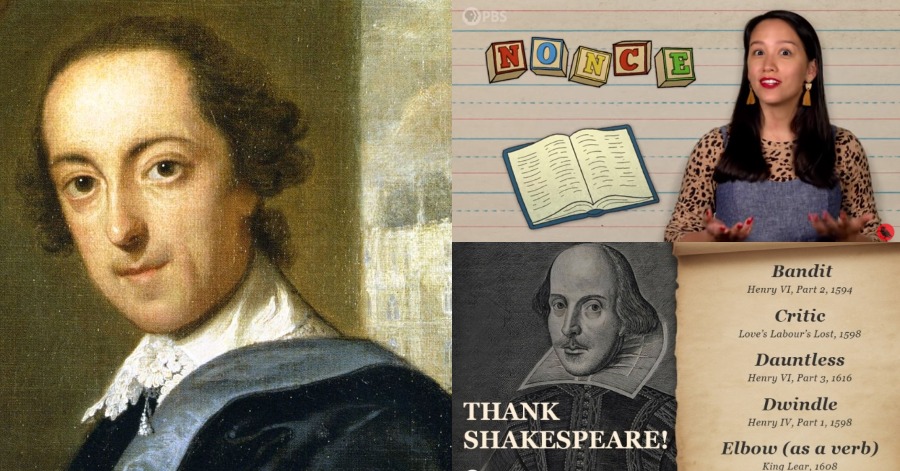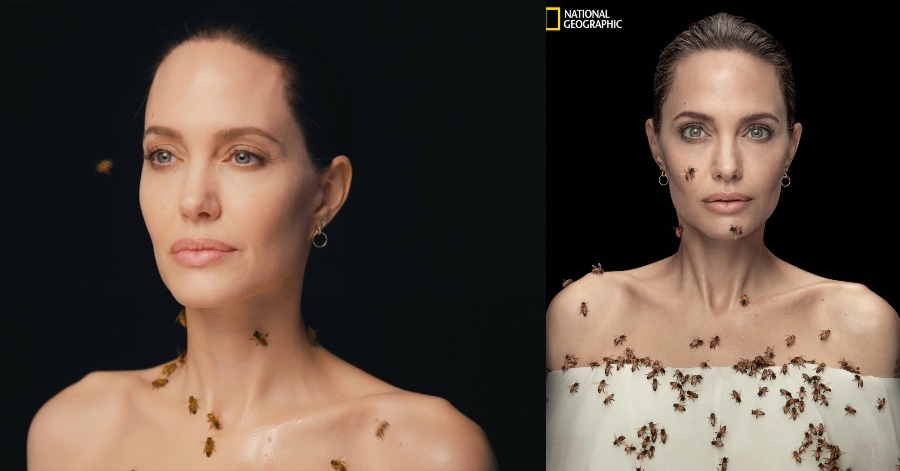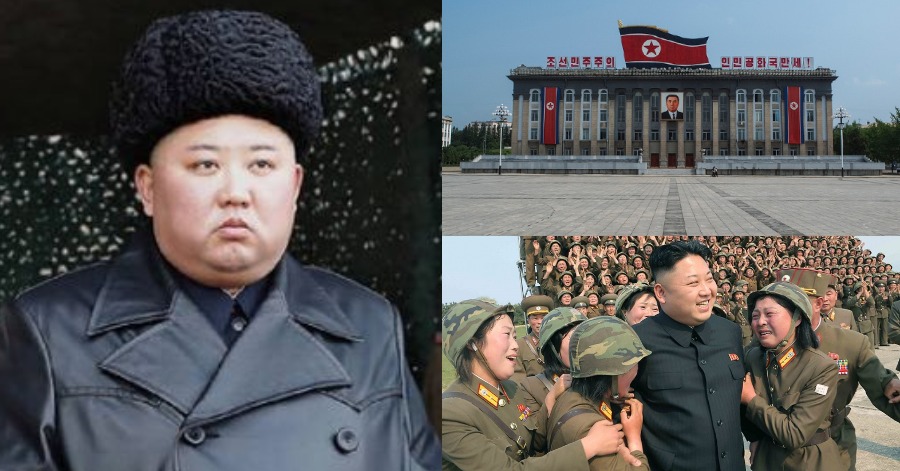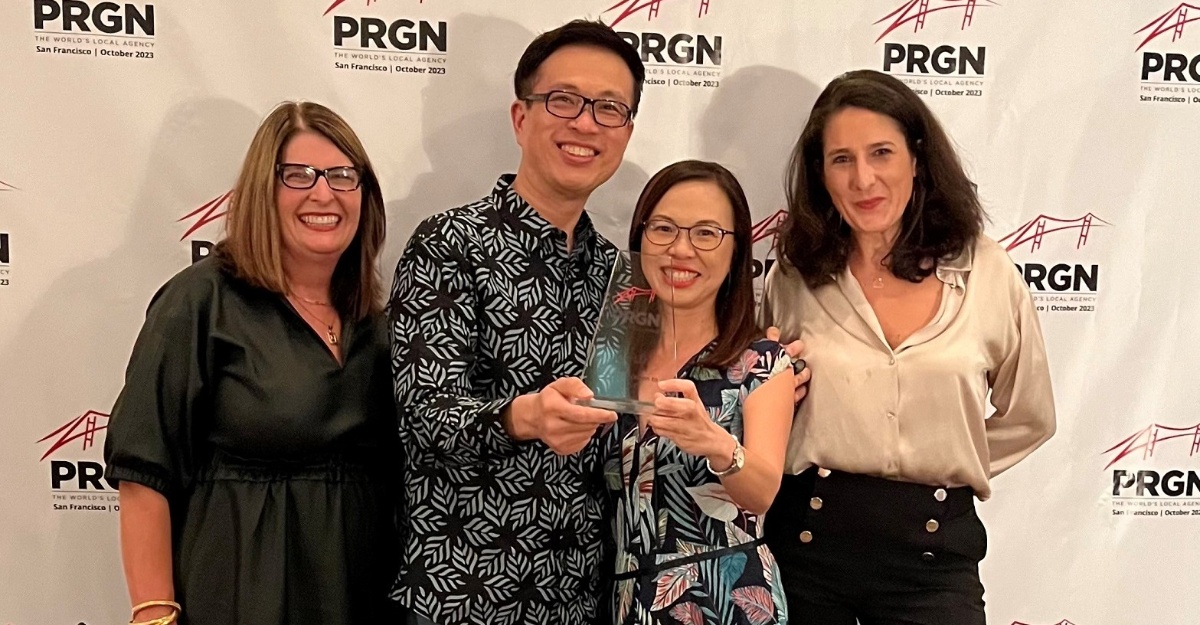There are a lot of words that develop slowly, over time and are shaped by entire cultures, not individual people. And then there are the words that were invented by authors. This occasionally happens when an author combines root words from different languages, old names, and/or nonsense syllables to create character names, place names, or names for concepts that have never been imagined before, and slowly those names creep into common usage.
Shakespeare may have an entire dictionary full of invented words, but he can’t take all the credit for original content added to the English language. He’s not the only verbose author who came up with unique turns of phrases that later found their way into literature and conversation. These authorisms from literary experts have become a part of many of our modern vocabularies.
1) William Shakespeare
- He has the lexical creativity to find new and ingenious ways to use existing words and then form new words.
- He would combine them and form bedrooms, outbreaks, and also cold-blooded.
- He would change nouns into verbs like gossip to gossiping and elbow to elbowed.
- He is also extravagant with prefixes and suffixes like fashionable, baseless, admirable, and many more.
2) Geoffrey Chaucer
- Wanted to describe the light, tremulous call an encaged bird makes as it yearns for freedom and came up with the onomatopoeia “Twitter”.
- Now, we are the encaged birds, tweeting our takes into the void.
3) John Milton
- He envisioned hell to be having a capital city, which he named Pandemonium.
- The meaning has shifted since then to describe a state of chaos where all hell has broken.
4) Sir Walter Scott
- He wanted a new term for hired mercenaries-soldiers without loyalty to any banner. whose lances were free to fight for whoever could pay the most.
- So, he called them freelancers, and the term caught on to describe people who work job to job for different clients.
5) Lewis Carroll
- Many new words by him were created by melding two existing words together to get something that almost sounds like a word you already know.
- Chortle is a combination of chuckle and snort.
- Galumph is a combination between triumphant and gallop.
6) Reverend William Whewell
- He wanted a single word to refer to a practitioner of the scientific method and came up with ‘scientist’.
7) Murray Gell-Mann
- When he theorized the existence of subatomic particles in 1964, he named them quarks, inspired by a nonce word that James Joyce came up with for his 1939 novel, Finnegan’s Wake.
8) Karel Capek
- He wrote a science fiction play about humanoid machines constructed to perform manual tasks.
- He then borrowed a Czech term for forced labor, and “robot” quickly left the world of science fiction to describe real-life automated machines that work for us.
9) Mari Wolf
- Invented the word ‘droid’.
- It is a shortening of the word android.
10) J.R.R Tolkien
- He used the word ‘tween’ to describe the period in a hobbit’s life between childhood and adulthood.
- Today, we use it to refer to pre-adolescence, because of its similarity to ‘teen’.
Sources: YouTube Storied.









Leave a Comment